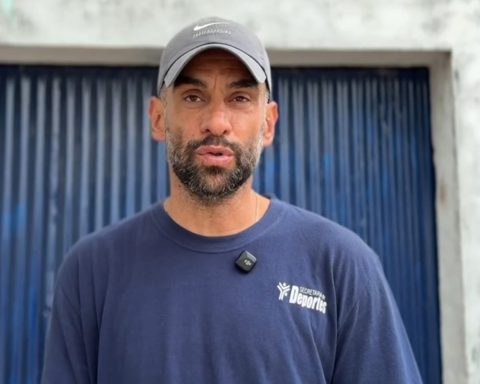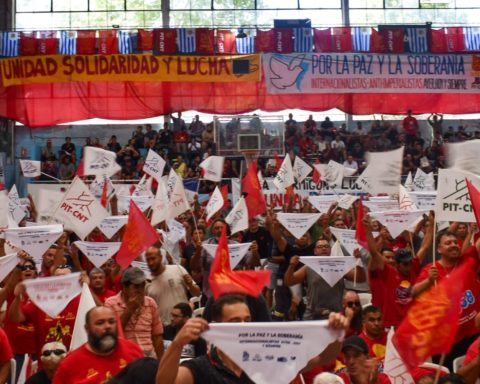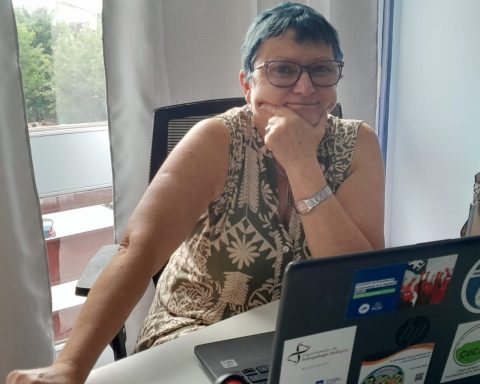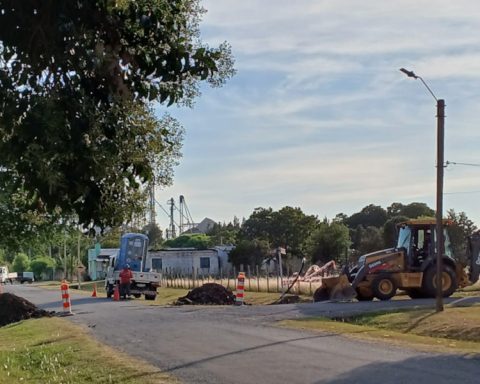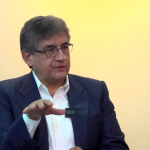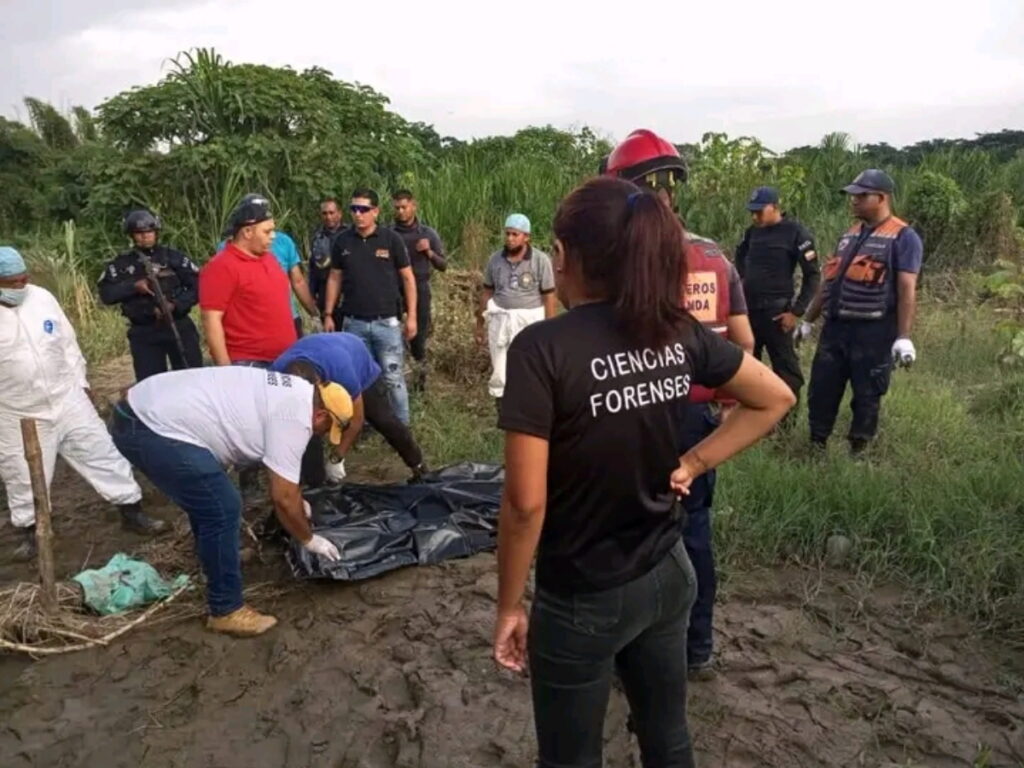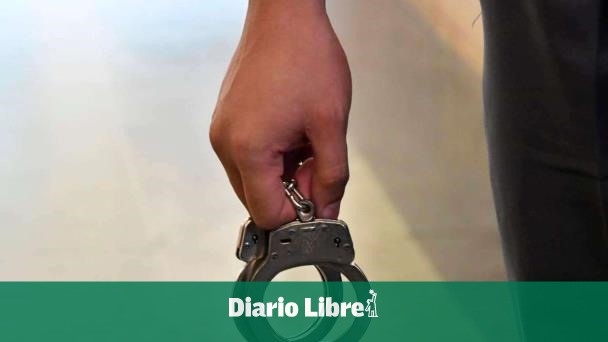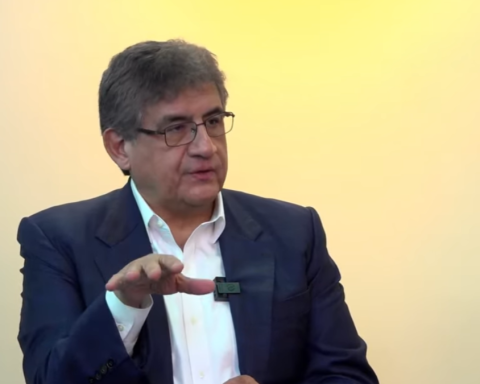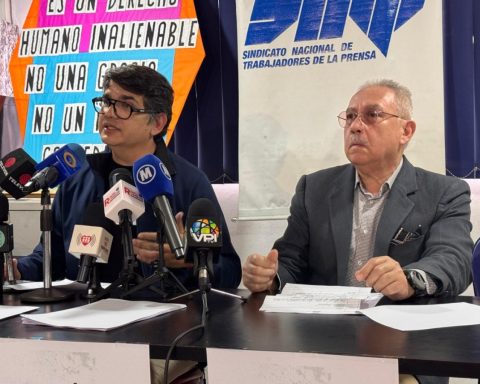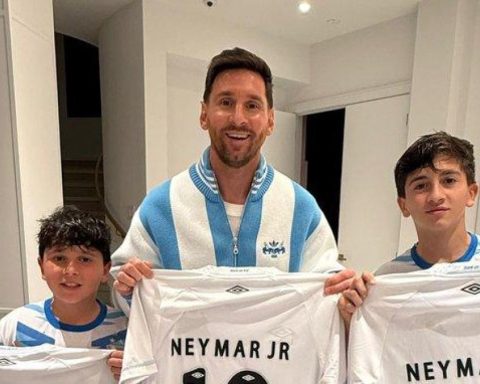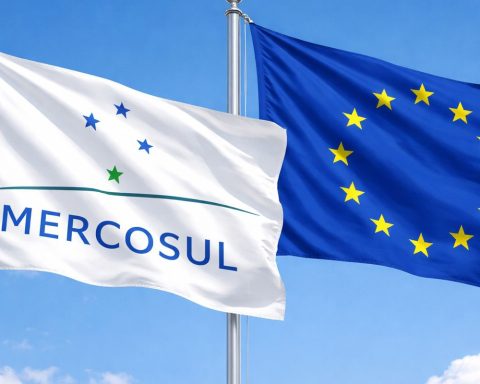Both from society and government, they presented witnesses and substantiated their positions. The Executive was represented by the lawyer of the Ministry of Industry, Carlos Roselló, who alluded to three points for which the government considers that the appeal is not of order.
The first point of the Executive alluded to the lack of competition. According to the government, this issue should not be dealt with in a family court because they believe that the constitutional rights of children and adolescents.
The second refers to active legitimation. The company alleged that they acted on behalf of diffuse interests. It is a form of arrogate the representativeness of a collective right affected by a norm. According to the government, from the Society do not have the right to represent children. They consider that in order to propose an amparo, there must be someone directly affected and they assure that the Tobacco Society cannot assume the interests of the children of Uruguay.
Finally, the defense of the government indicated the “unproposability of the claim”. This means that procedurally it is not the corresponding way to carry out this amparo action.
Sociologist Diego Rodríguez -who was a witness for the SUT at the hearing- had affirmed that the new decree “violates the Code of Childhood and Adolescence; the State must protect them from tobacco consumption.” To your understanding, the approved decree violates this norm “because it encourages” children and adolescents to smoke; “It is a regressive policy that stimulates consumption.”
In addition to this measure, the organism raised before the Presidency of the Republic the revocation of the decree.
The sentence is will dictate next Wednesday, October 19 by thea judge Second shift Family, María Elena Emmenegger,

